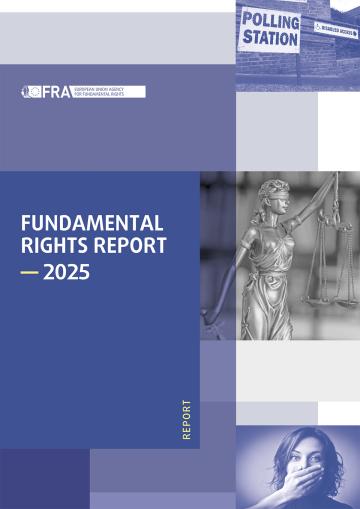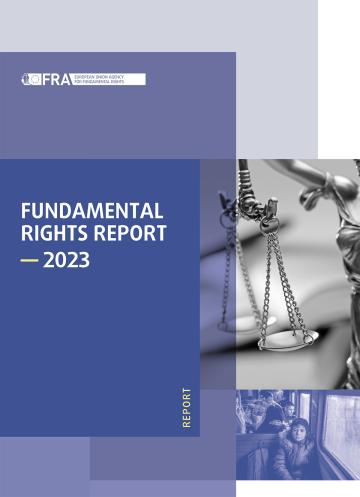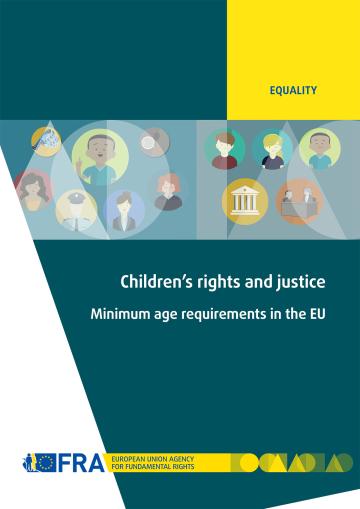Preamble
(44) The publication of the personal data of convicted persons contained in judicial decisions should only be possible in duly justified exceptional cases following a case-by-case assessment, weighing the public interest against the rights to respect for private life and protection of the personal data of the convicted person provided for in Articles 7 and 8 of the Charter of Fundamental Rights of the European Union (the ‘Charter’), respectively.
(53)To ensure successful enforcement of environmental criminal law, Member States should make available to competent authorities effective investigative tools for environmental criminal offences such as those available under their national law for combatting organised crime or other serious criminal offences, if and to the extent that the use of those tools is appropriate and proportionate to the nature and gravity of the criminal offences as provided for in national law. Such tools could include the interception of communications, covert surveillance, including electronic surveillance, controlled deliveries, the monitoring of bank accounts and other financial investigation tools. Those tools should be used in line with the principle of proportionality and in full respect of the Charter. It is imperative that the right to the protection of personal data be respected.
(75) This Directive respects the fundamental rights and observes the principles as recognised in particular by the Charter, including the protection of personal data, the freedom of expression and information, the freedom to conduct a business, the right to an effective remedy and to a fair trial, the presumption of innocence and right of defence, the principles of legality and proportionality of criminal offences and penalties, and the right not to be tried or punished twice in criminal proceedings for the same offence. This Directive seeks to ensure full respect for those rights and principles and should be implemented accordingly.
Article 1: Subject matter
This Directive establishes minimum rules with regard to the definition of criminal offences and penalties in order to protect the environment more effectively, as well as with regard to measures to prevent and combat environmental crime and to effectively enforce Union environmental law.
Article 5: Penalties for natural persons
1. Member States shall take the necessary measures to ensure that criminal offences referred to in Articles 3 and 4 are punishable by effective, proportionate and dissuasive criminal penalties.
Article 7: Penalties for legal persons
1. Member States shall take the necessary measures to ensure that a legal person held liable pursuant to Article 6(1) or (2) is punishable by effective, proportionate and dissuasive criminal or non-criminal penalties or measures.








